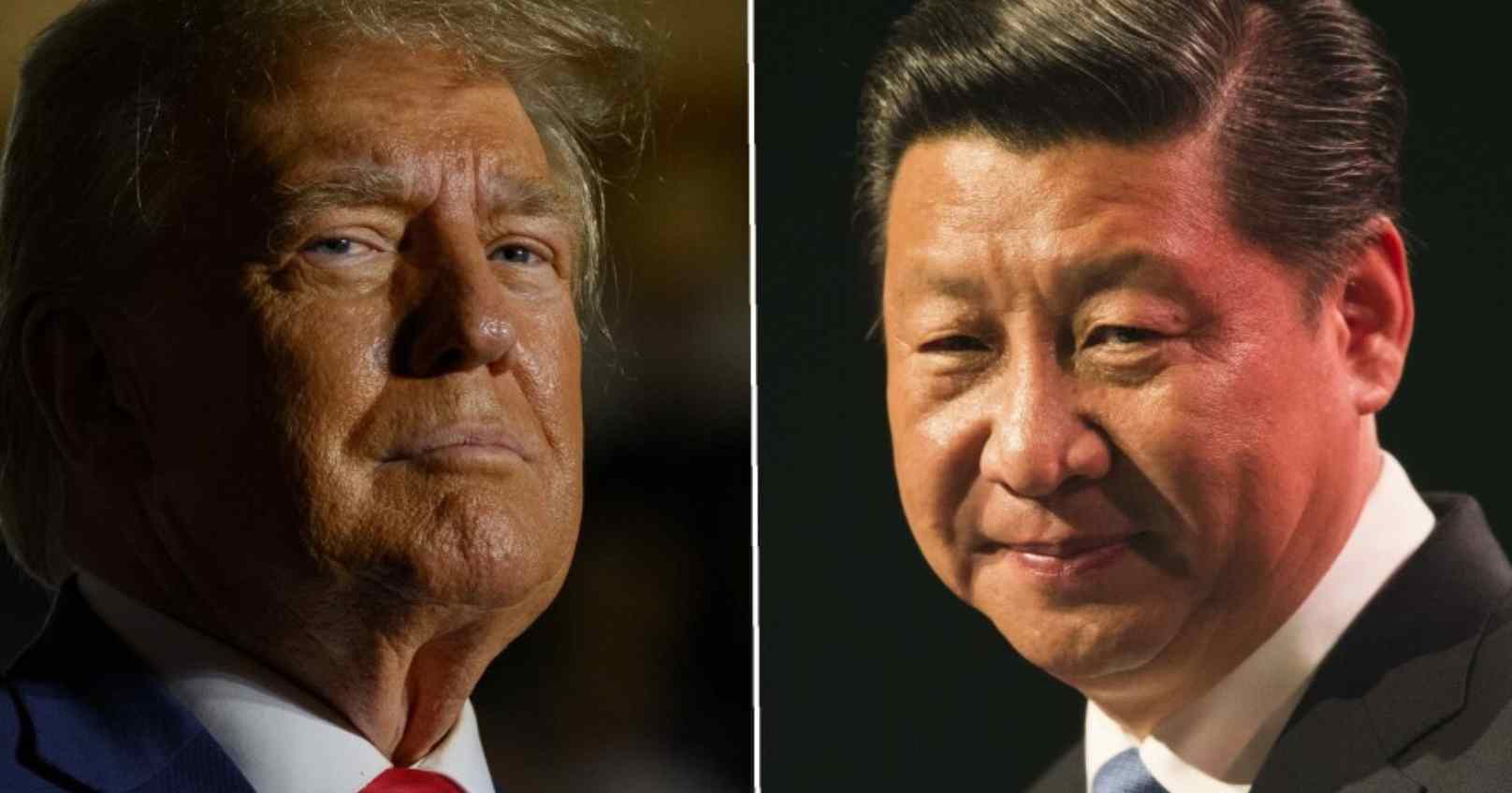U.S. President Donald Trump has issued a stern warning to China, announcing the possibility of an extra 50% tariff on Chinese imports, in addition to the 34% levy introduced days earlier. This move, part of his escalating trade war strategy, could take effect from April 9, unless Beijing reverses its newly announced reciprocal tariffs on American goods.
The Chinese government swiftly rejected what it called “tariff blackmail,” asserting that it will not be bullied into submission. In a strong statement, China’s Ministry of Commerce said the U.S. is “making a mistake upon a mistake” and reiterated its resolve to defend national interests. “If the U.S. chooses confrontation, China will respond without backing down,” the ministry declared.
This intensification of the trade dispute comes as global financial markets face significant losses. Trump has justified his hardline stance by accusing China of longstanding unfair trade practices, including currency manipulation and illegal subsidies. In a message on TruthSocial, he said, “China’s new 34% tariffs come on top of already excessive duties, and if any nation retaliates, we’ll impose even higher tariffs.”
He also warned that all talks with Beijing would be called off and that discussions with other trade partners would begin instead.
China's response was firm and multi-pronged. The Global Times, a state-backed media outlet, denounced the U.S. move as “economic coercion” cloaked in the name of fair trade. The outlet accused Washington of violating global trade norms and threatening international economic stability.
The standoff widened when Trump, on April 2, introduced so-called "discounted reciprocal tariffs" on several trading nations, including India, with Indian goods facing a 26% import tax. Meanwhile, China bore the brunt of U.S. actions, with a 34% tariff.
In retaliation, China's Finance Ministry announced its own set of measures. Starting April 10, it will implement an additional 34% tariff on American goods. Separately, from April 4, it will impose export controls on key rare-earth elements, such as samarium, gadolinium, terbium, dysprosium, and scandium—materials crucial to electronics and defense manufacturing.
Amid these developments, financial markets are reacting with anxiety. The S&P 500 has now dropped 20% from its February highs, sliding dangerously close to bear market territory. The Dow Jones Industrial Average has also sunk 17% from its peak. The Nasdaq, already in a bear market since last week, continues to slide as fears of a looming recession deepen.
In China, markets have mirrored the U.S. decline. The Hang Seng Tech Index has fallen 27% in a month, erasing gains from earlier in the year. The yuan slipped to its lowest level since January, while Chinese government bonds saw a sharp rally.







